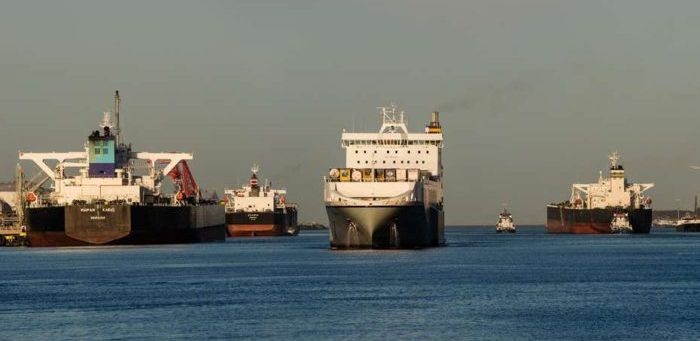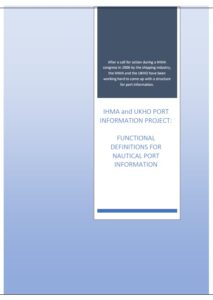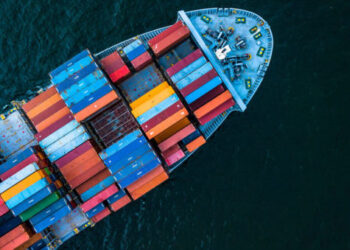Following a long-term international cooperation between various stakeholder organisations, ports and the business community, the industry has introduced this week international standards for nautical port information. The Port of Rotterdam embraces the new standards and has become the first party in the world to use pilots in which they are applied.
“With these standards as a base, we can not only optimise the services to our clients,” said Allard Castelein, President of the Port of Rotterdam Authority, “but also develop new services that make the logistics chain more efficient.”
Specifically, in order to plan shipping as effectively as possible, the Port Call Optimisation Task Force (Shell, Maersk, MSC, CMA-CGM and the ports of Algeciras, Busan, Gothenburg, Houston, Rotterdam, Singapore and Ningbo Zhoushan) joined forces in 2014 with the International Harbour Masters’ Association, United Kingdom Hydrographic Office and GS1 to bring standards from the nautical and logistics sectors together. This ensures that the nautical data on board of vessels corresponds to the information from the port, as well as the information used in the logistics chains.
As explained, the international unambiguity in communication benefits safety, as lower margins can be maintained, which eventually results in vessels calling at ports faster and with more cargo. This will lead to a reduction in costs and pollution. The initial calculations amount to up to $ 80,000 in additional revenue and savings of 240 tonnes in CO2 emissions per port visit, depending on where the vessel comes from and at which berth it is located.
In view of these new standards, the Port of Rotterdam Authority has developed the Avanti and Pronto projects. Web portal Avanti focuses on ‘master data’ such as depth and admission policy. Pronto is a communication platform for the port community. The platform assists agents and other operators with a more transparent and efficient planning of services for ships, such as pilotage, use of terminals and bunker services.
Both projects are based on sharing unambiguous information based on the new standards, thus improving the safety and efficiency of each service. This will lead to a further optimisation of the ‘port call’.
“In this context, the Port of Rotterdam Authority will continue to promote the implementation and, above all, the global adoption of standards and the resulting applications. To achieve this, we will actively seek cooperation with other ports,” the port noted.
Further information on the port’s projects can be found in the following video:
Explore more about the new standards herebelow:
































































